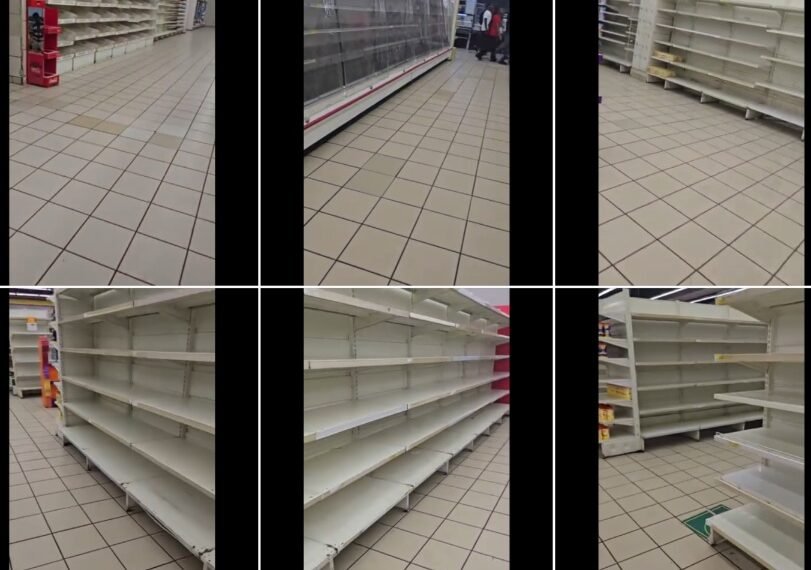Nigeria’s retail sector has been thrown into fresh uncertainty as Shoprite, the South African supermarket giant, shuts down its outlets in Ibadan and Ilorin while customers in Lagos and Abuja are greeted by near-empty shelves.
The closures deepen concerns about the brand’s future in Nigeria, where it has struggled to stay afloat since announcing its planned exit from the market four years ago. Shoppers at Shoprite’s remaining branches in Lagos and the Federal Capital Territory now report increasingly barren shelves, a visible sign of dwindling stock and worsening operational strain.
Shoprite’s troubles mark a sharp fall from its once-dominant status. After opening its first store in Lagos in 2005, the company expanded rapidly, operating more than 25 outlets across eight states and the FCT. At its peak, it directly employed over 2,000 Nigerians and supported local farmers and suppliers, carving out a stronghold in the country’s retail sector. But that dominance has steadily eroded under the weight of spiraling inflation, broken supply chains, and a flood of new competitors.
Read also:
- Wardiere Oakmount to Build N2.9 Billion Shopping Mall in Kuje, Abuja
- Nigeria’s female-led AZAPAY innovating way we send, receive money
- Outrage in Lagos as Police probe viral Video of Students smoking, drinking in School Hostel
The company’s parent firm has long retreated to South Africa, shifting to a franchise model and scaling back across Africa. Nigeria, Ghana, Kenya, and Uganda have all felt the impact of this restructuring. By 2021, Shoprite officially sold its Nigerian operations to a consortium of local investors, citing the country’s harsh business environment and unpredictable economy as reasons for the dramatic pullback.
Now, with more stores shutting their doors and others unable to keep shelves stocked, questions are mounting about whether the brand can survive in Nigeria’s unforgiving retail market. Unless swift interventions restore confidence and supply flow, Shoprite’s once-celebrated presence could fade into another cautionary tale of foreign investment undone by local realities.






